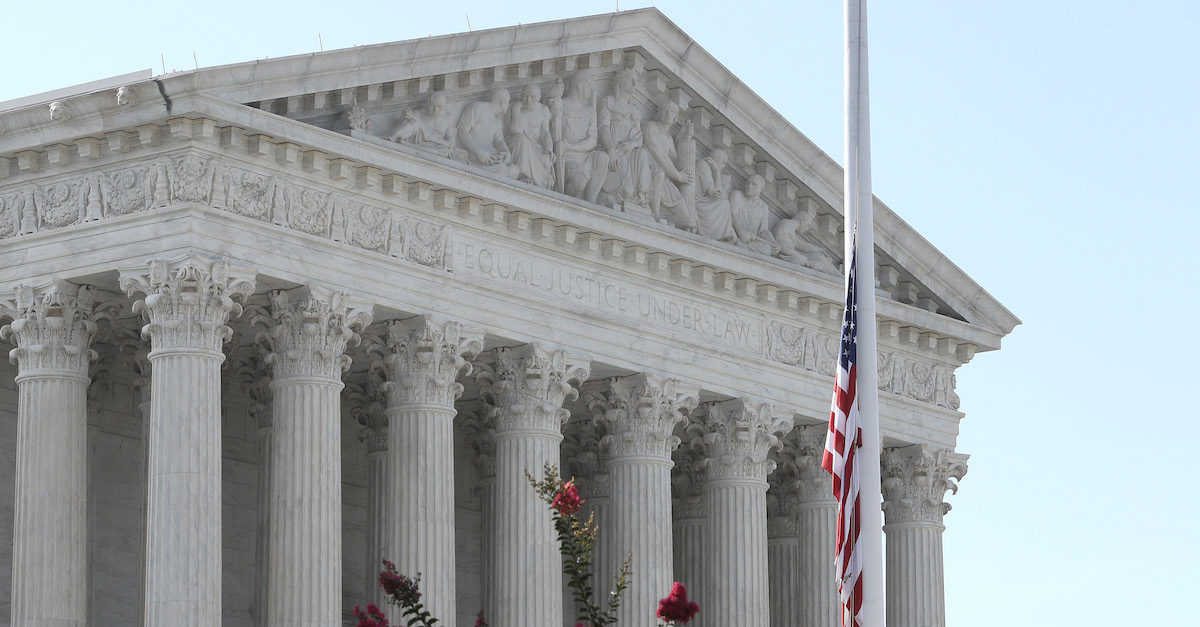 The U.S. Supreme Court on Friday announced it will decide whether a state can consider the political affiliation of appointed judges in order to maintain the state courts’ ideological balance.
The U.S. Supreme Court on Friday announced it will decide whether a state can consider the political affiliation of appointed judges in order to maintain the state courts’ ideological balance.
The case, Carney v. Adams, arises from a challenge to the provision of Delaware’s Constitution which only allows for the state’s highest courts to have a “bare majority” of judges from either political party (i.e. the five-judge Delaware Supreme Court must have three judges from one party and two judges from the opposing party).
A retired attorney and registered independent James R. Adams, who formerly belonged to the Democratic Party, filed a lawsuit challenging the provision, claiming it violated the U.S. Constitution’s First Amendment protection of free speech and right to be considered for public office regardless of political affiliation.
“Such a system assumes, without foundation, that Republicans and Democrats are monolithic in their judicial views and that their political views will control their decision-making,” Adams and his attorney David L. Finger wrote in his brief to the Supreme Court. “Worse, it reinforces the fears of the public that judges will decide cases based on political affiliation.”
A lower federal court in February sided with Adams in ruling that the provision was unconstitutional. The U.S. Court of Appeals for the Third Circuit concluded that “portions of Delaware’s constitution that limit Adams’s ability to apply for a judicial position while associating with the political party of his choice violate his First Amendment rights.”
In response, Delaware Gov. John Carney petitioned the Supreme Court seeking a reversal of the Third Circuit decision.
“The Delaware courts play a dominant role in American — and indeed global — corporate governance,” Carney’s attorney and Stanford law professor Michael W. McConnell wrote in the petition. “Sixty percent of the Fortune 500 and more than half of the corporations listed on the New York Stock Exchange are incorporated in Delaware, in no small part due to the reputation — and reality — of the Delaware courts as objective, stable and nonpartisan. These qualities have not come about by accident. For more than 120 years, Delaware’s Constitution has required a politically balanced judiciary.”
(Photo by Mark Wilson/Getty Images)